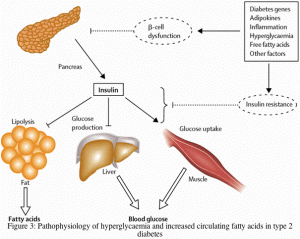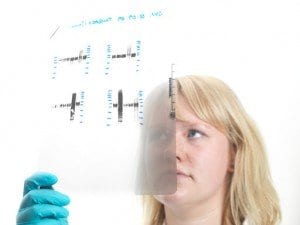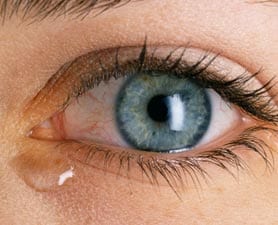 Diabetes is a common problem all around the world and while many studies have shown great strides in helping to calm the disease, at best, there are still many more tests and studies that are yet to be discovered that may in fact cure diabetes once and for all.
Diabetes is a common problem all around the world and while many studies have shown great strides in helping to calm the disease, at best, there are still many more tests and studies that are yet to be discovered that may in fact cure diabetes once and for all.
There have been many ways to help resist and even in some cases prevent the onset of diabetes. However, there is a new study that shows that something as natural as sleep could be the beginning of a great improvement for insulin resistance and even used as a prevention method for the future onset of diabetes.
Lead author Karen Matthews, PhD, of the University Of Pittsburgh Department Of Psychiatry, “High levels of insulin resistance can lead to the development of diabetes. We found that if teens that normally get six hours of sleep per night get one extra hour of sleep, they would improve insulin resistance by 9 percent.”
During the study, the sleep duration and insulin resistance levels of 245 healthy high school students were tracked. They each provided a fasting blood sample and also completed as sleep long while also wearing a wrist actigraph for one week during a whole school year. Sleep duration was based on actigraphy averaging about 6.4 hours through the week. Weekends averaged slightly higher.
The results provided significant evidence that higher insulin resistance came with shorter sleep duration, depending on age, gender, waist circumstance, and body mass index. Matthews states that the study is the only one in, healthy adolescents that shows a relationship between shorter sleep and insulin resistance that is independent upon obesity.
One of the best ways for our bodies to rejuvenate, heal and prevent impending diseases and illnesses is to maintain great sleeping habits. Making sure teens implement one that allows them to get more than 9 hours of sleep a night can be a great way to prevent the onset of diabetes in the future.
 There have been many advancements, when it comes to diabetes and a treatment for it. From
There have been many advancements, when it comes to diabetes and a treatment for it. From  A new study from the University of Ulster reveals a possible drug that is designed to treat diabetic patients who suffer from neurodegenerative diseases such as Alzheimer’s disease.
A new study from the University of Ulster reveals a possible drug that is designed to treat diabetic patients who suffer from neurodegenerative diseases such as Alzheimer’s disease. Diabetes is a common problem all around the world. In just America alone, more than 24 million people have type 2 diabetes. Diabetes can cause many different
Diabetes is a common problem all around the world. In just America alone, more than 24 million people have type 2 diabetes. Diabetes can cause many different  With diabetes becoming an even bigger problem around the world, more and more medical advances are being discovered to try and find a cure for the disease.
With diabetes becoming an even bigger problem around the world, more and more medical advances are being discovered to try and find a cure for the disease. A trial led by Carla Greenbaum, MD, Diabetes Research Program director at Benaroya Research Institute (BRI) at Virginia Mason and sponsored by the Immune Tolerance Network (ITN) and funded by the National Institutes of Health shows a new break in reversing autoimmunity in Type 1 diabetes.
A trial led by Carla Greenbaum, MD, Diabetes Research Program director at Benaroya Research Institute (BRI) at Virginia Mason and sponsored by the Immune Tolerance Network (ITN) and funded by the National Institutes of Health shows a new break in reversing autoimmunity in Type 1 diabetes. Diabetes affects more than 24 million people in the United States. New technology and medical advances surface everyday that get us one step closer to find the cure.
Diabetes affects more than 24 million people in the United States. New technology and medical advances surface everyday that get us one step closer to find the cure. New findings suggest that a group of hormone-producing cells in the brain can actually control blood sugar levels. This new finding could result in both a diabetes treatment and a weight loss drug.
New findings suggest that a group of hormone-producing cells in the brain can actually control blood sugar levels. This new finding could result in both a diabetes treatment and a weight loss drug. A new chemical could be the answer to treating metabolic disorders such as type 2 diabetes suggests biologists at the UC San Diego.
A new chemical could be the answer to treating metabolic disorders such as type 2 diabetes suggests biologists at the UC San Diego. Joslin Diabetes Center scientists have recently indentified biological mechanisms through glucagon-like peptide-1 (GLP-1), which is known as a gut hormone that protects against
Joslin Diabetes Center scientists have recently indentified biological mechanisms through glucagon-like peptide-1 (GLP-1), which is known as a gut hormone that protects against